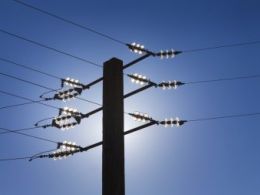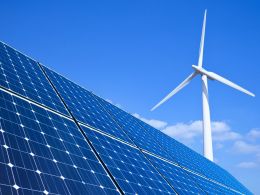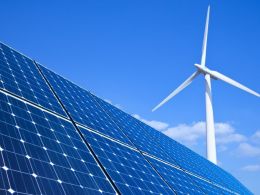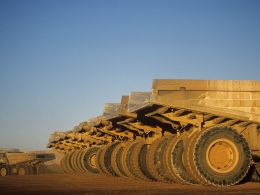
How blockchain can open up energy markets: EU DLT expert explains
The main barrier to the wide adoption of DLT solutions by the energy system stakeholders is how energy markets are structured. Aside from the buzzing neologism of Web3, there is a bit less catchy but hardly less important concept of Industry 4.0, which includes the new and revolutionary drivers of the next generation’s industrial landscape. And, especially when it comes to the energy sector, blockchain lies at the heart of these technologies. The authors of a recently published EUBlockchain Observatory report “Blockchain Applications in the Energy Sector” are convinced that distributed....
Related News
Major Spanish energy company Endesa has revealed plans to open a blockchain laboratory in an effort to encourage development of blockchain-based solutions for the energy industry. Endesa, the largest power utility in Spain, has joined the growing number of companies across various industries looking to leverage blockchain technology for industry-specific applications. The electricity provider, through its open collaborative platform Endesa Energy Challenges, has issued an open call for applications from any interested participant looking to develop distributed ledger solutions, to become a....
Following a weekend of solution seeking, collaboration and competition, the highlight of the Hackenergy 2016 event was a blockchain-fueled peer-to-peer (P2P) energy trading system called EcoCoin, which grabbed top honors. Brendon Geils of the U.S., Simon Appel of Germany and Hodge Hodgson of Germany) built the blockchain-fueled P2P energy trading system on the open source Hyperledger blockchain managed by the Linux Foundation to win the hacking competition. International Turnout. Hackers from Germany, Spain, the U.S., the U.K. and the Netherlands attended the event, held in Groningen, an....
The blockchain could serve as the foundation of a system for connecting energy grids, delivering more efficient and environmentally sustainable energy, according to Greentechmedia.com, a news site for the global clean energy market. One company, L03 Energy, is building an “open source cryptographically secure” blockchain to manage transactions across a microgrid. Lawrence Orsini, the founder of L03 Energy, said the blockchain’s impact on energy could be much bigger than bitcoin. L03 Energy has built two nodes collecting generation and consumption data across the microgrid and sending it to....
Resource companies in Western Australia that form a multi-billion-dollar mining industry can benefit greatly from adopting blockchain technology, according to one expert. While blockchain technology, FinTech’s poster-child has seen rampant development and early deployment in the financial services industry, other industries are catching on to research the innovation toward practical applications in core processes. The energy industry, as an example, is making notable efforts toward exploring and testing blockchain applications. For instance, Wien Energie, Austria’s largest utility company....
Bitcoin mining via renewable energy is already prominent, one CEO explains. The energy consumed by mining — the process that keeps Bitcoin’s blockchain running — has been an increasingly popular topic of discussion in recent weeks.On Friday, CNBC posted an interview with SUKU CEO Yonathan Lapchik, during which he explained the Bitcoin mining scene as it relates to renewable energy. The interviewer noted Lapchik previously claimed that 75% of Bitcoin mining comes from renewable energy.“We think that 75% is an actual figure,” Lapchik told CNBC, “The miners are truly incentivized to use....





